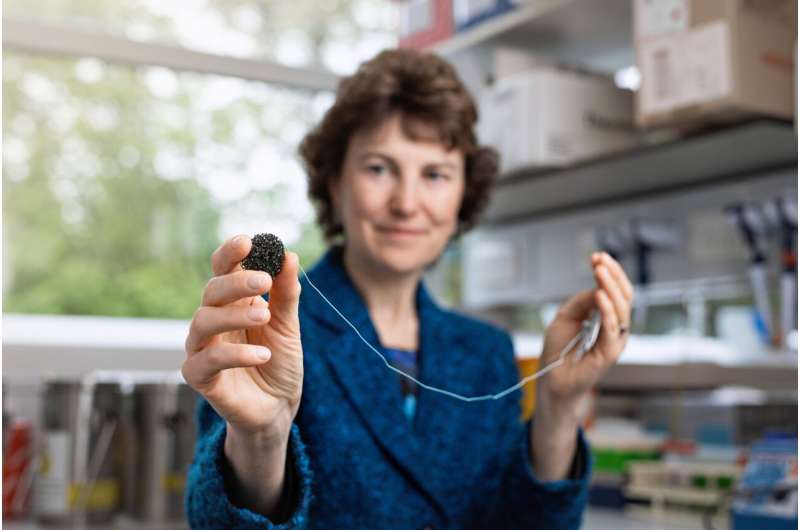The capsule sponge test is easier to administer and could be carried out by nurses and at GP practices, reducing the burden on NHS resources.
Esophageal cancer is difficult to treat, with fewer than one in five patients surviving for five or more years following diagnosis, a figure that has barely changed over the past three decades. At the same time, the number of people diagnosed with the disease has increased four-fold since the 1970s.
Barrett’s esophagus
One of the known risk factors for esophageal cancer is a condition known as Barrett’s esophagus, characterized by changes in the shape and structure of cells in the lining of the food pipe (the esophagus). At first, these cells change to resemble those in the lining of the intestines, but over time they can change to a pre-cancerous state known as dysplasia.

